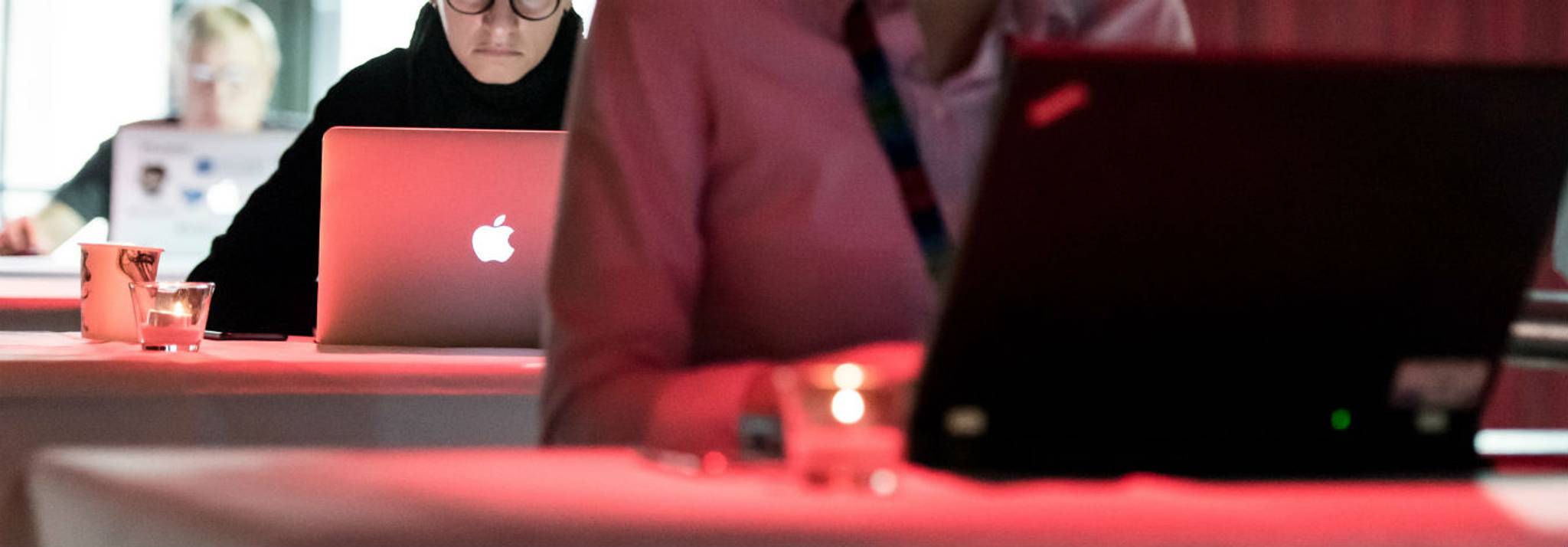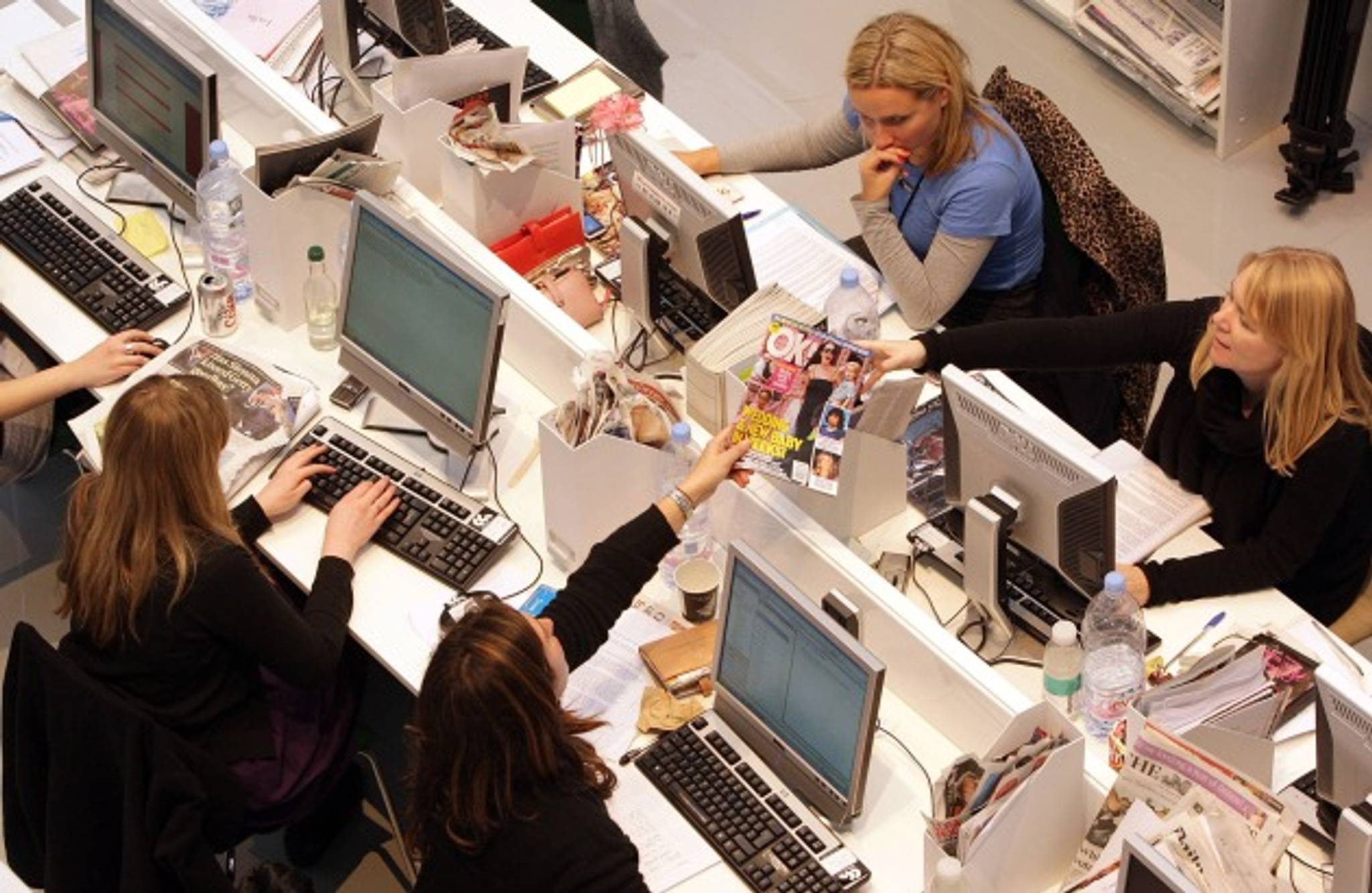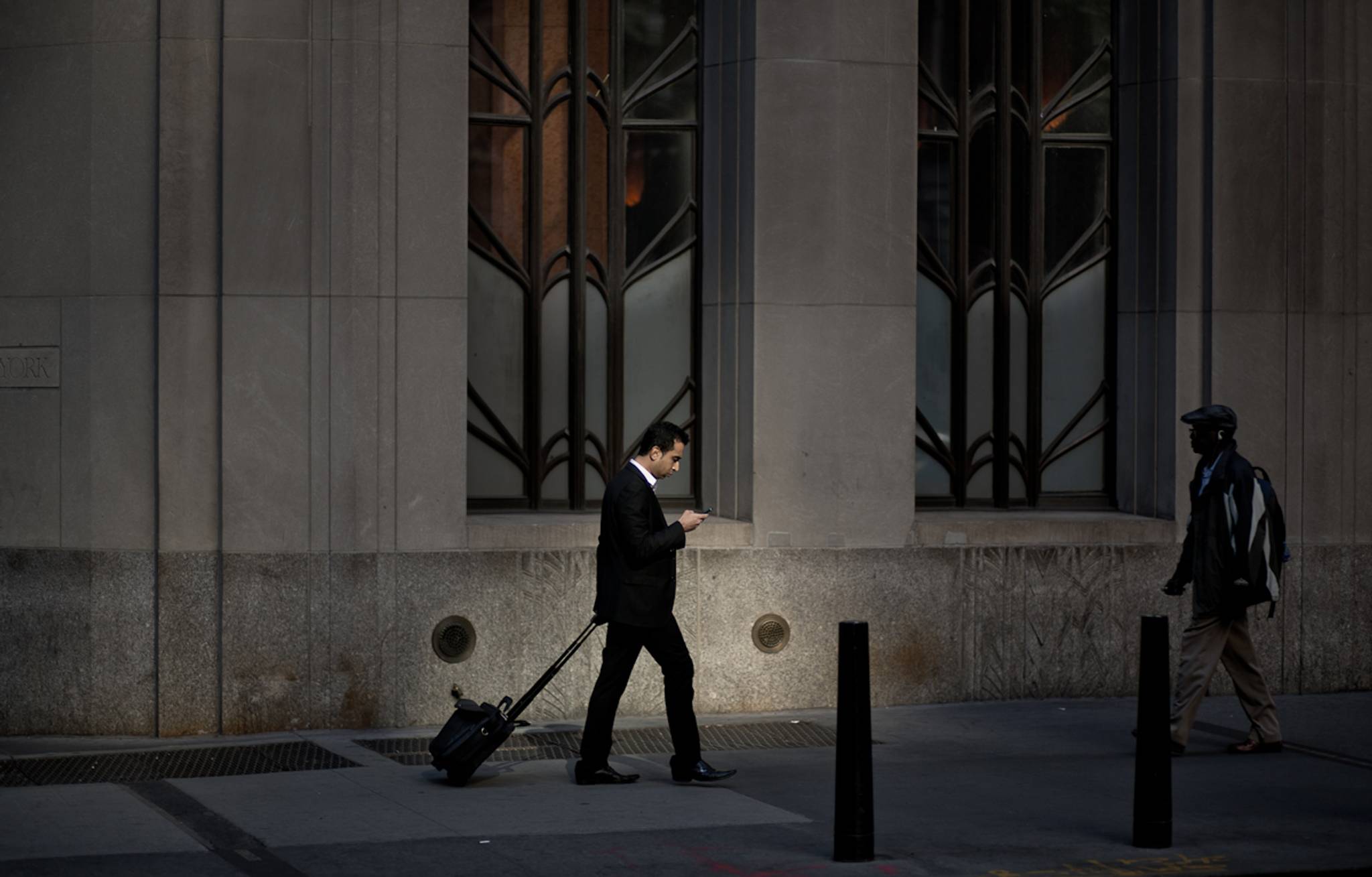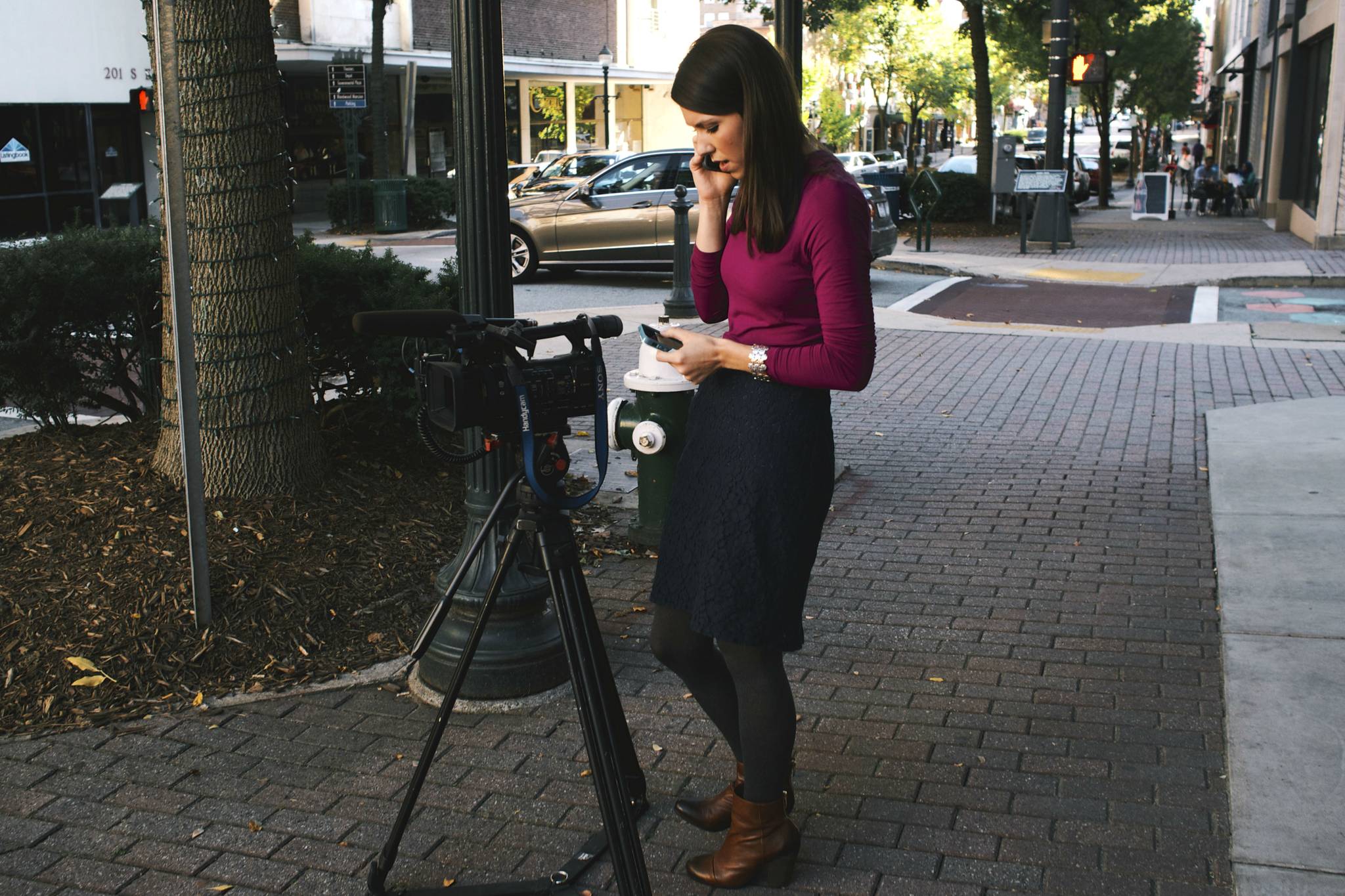
‘I have so much work to do, I don’t even have time to eat lunch.’ This kind of humblebrag is commonplace on social media, with people looking to signal their own importance and value in a self-deprecating yet performative exclamation. Because in our always-on lifestyles, time for leisure has become an even scarcer commodity than money to splash out on expensive things. We sat down with Neeru Paharia, assistant professor at Georgetown University and co-author of the study ‘Conspicuous Consumption of Time: When Busyness and Lack of Leisure Time Become a Status Symbol’ to explore the science behind why busyness functions as a social marker, and what this could mean for brands.
“My co-authors and I were very interested in studying social status – specifically in how social status is communicated,” explained Paharia. “Traditionally, that’s done by splashing out on luxury products and enjoying ample leisure time. This was well-documented in 1899 by economist and sociologist Thorstein Veblen in his book The Theory of the Leisure Class.” But times have changed since the 1800s; recent research from the US, suggests that the lowest-skilled and least wealthy men work far less than those who are more skilled and wealthy.
In their research, Paharia and her colleagues found that people perceived those with limited spare time as more sought-after and valued. “We found that people who have less time are viewed as scarce resources, and therefore their time seems more valuable,” she explains. “When busy, people are inaccessible, which makes others perceive them as being in-demand. This is why a full calendar is, in some contexts, now a more desirable status symbol than any material possession.”
It seems that scarcity value now applies to intangible concepts like time in the same way it’s long applied to material goods – which makes sense in an experience economy. And brands are picking up on it. While traditionally, ads promoting aspirational products would often feature leisurely lifestyles, this is beginning to change. In Cadillac’s 2014 Super Bowl commercial, a wealthy, leisure-deprived man praises the American culture of hard work and mocks other countries where it’s common to take a long summer break. Before driving off in his Caddy, he winks and says: “That’s the upside of not taking two weeks off in August.” Similarly, Wall Street Journal’s 'Make Time' campaign featured the slogan ‘People who don’t have time, make time to read the Wall Street Journal’, while its ‘Ambitious Hours’ campaign actively targeted (and rewarded) those who were getting the train to work extra early or heading home extra late. So while being busy can leave people feeling drained, at least they know they’ll get a decent humblebrag out of it.
Lisa Rabner is a researcher at Canvas8, which specialises in behavioural insights and consumer research. She has an MA in Behavioural Economics from City University London, and is interested in what makes people tick. Outside of work, she loves to cook and to explore the cuisine of different cultures.
Lore Oxford is deputy editor at Canvas8, which specialises in behavioural insights and consumer research. She previously ran her own science and technology publication and was a columnist for Dazed and Confused. When she’s not busy analysing human behaviour, she can be found defending anything from selfie culture to the Kardashians from contemporary culture snobs.



